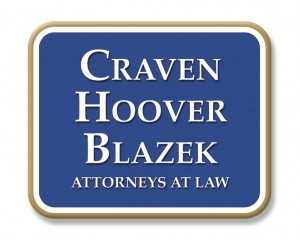
Personal Injury Lawyers 317-881-2700
Continue reading for a closer look at each element of negligence.
❶ Duty of Care
The first aspect of proving negligence is to establish whether or not the defendant owed the victim a legal duty of care in any way. This could be between employer and employee, child and sitter, doctor and patient, school and student, and much more. For instance, an employer has a legal duty of care to provide employees with a clean and safe work environment, while a doctor has a legal duty of care to provide competent medical care for patients. In other examples, a nursing home has a legal duty of care to look after their residents, while drivers have a legal duty of care to drive safely when behind the wheel of a vehicle.
❷Breach of Duty
Once it is recognized that the defendant owed the plaintiff a duty of care, the plaintiff must prove that the defendant breached that duty. A defendant can breach their duty of care by either action or inaction. If a person does something, or fails to do something, that a reasonable person under the same circumstances would do, and it causes harm to another, they are acting negligently. For example, if a person is late for work and runs a red light to save time, and in running the red light they strike another vehicle and injure the driver, they will be found negligent in a court of law. In an example of inaction, if an employer fails to keep their premises up to code, and as a result their employees suffer from severe respiratory illnesses from mold inhalation, they can be found negligent.
❸Causation
It is not enough for a victim to prove that a defendant breached their duty of care. Plaintiffs in personal injury lawsuits must also prove that the defendant’s action (or inaction) was the direct cause of their injuries. But there is another aspect to causation. Courts will also assess and determine whether or not the defendant could have reasonably foreseen that their actions would or could injure someone. Accidentally causing someone harm through a random, unforeseen act of nature might not be looked at as negligent. However, if it is found that a defendant should have known that their actions or inactions would or could cause injury, then they can be found negligent in a personal injury case.
❹Damages and Losses
After proving all of the above elements of negligence, a victim must then prove their subsequent damages and losses. Word of mouth will not hold up in a court of law, so a victim must have proof and evidence of their damages and losses. Damages and losses can include medical expenses, hospital bills, lost wages, prolonged treatment, pain and suffering, mental anguish, permanent disfigurement or scarring, loss of companionship, loss of job opportunity, and much more. These losses can be proven with medical records, doctors’ statements, receipts, bills, witness testimony, and more.
Indianapolis Personal Injury Attorneys

Personal Injury Attorneys 317-881-2700
